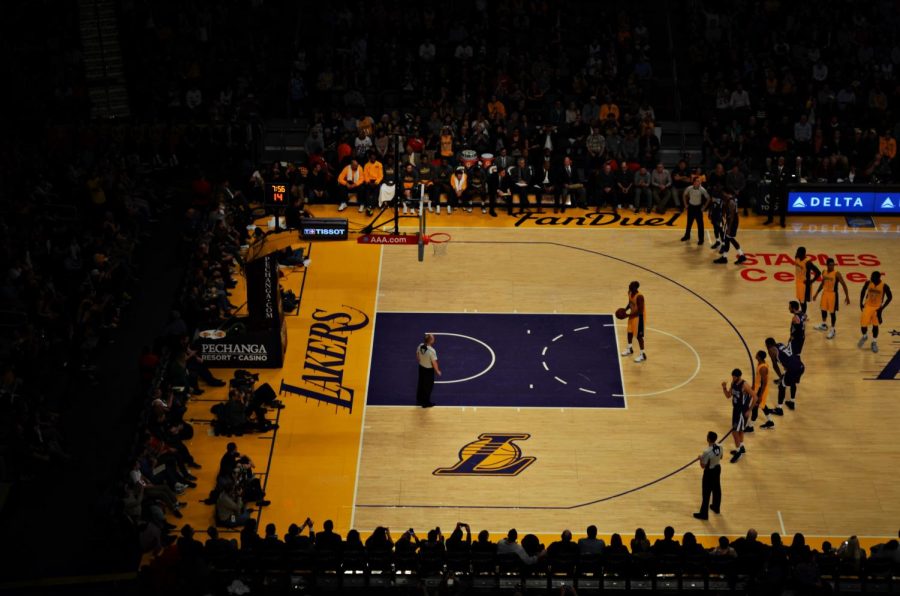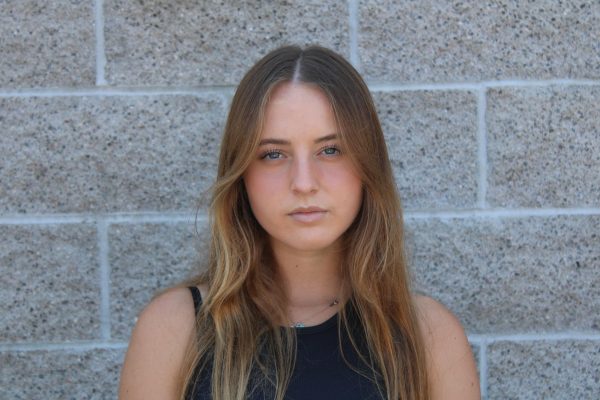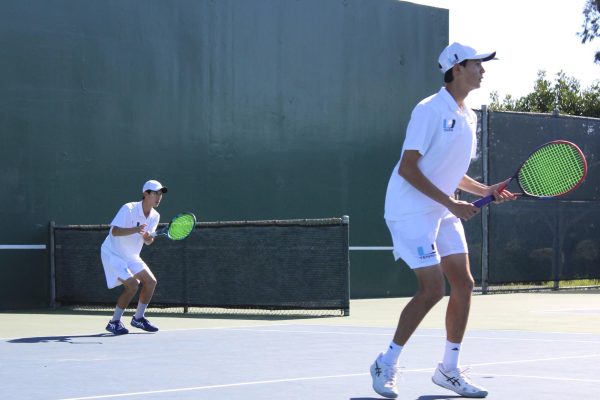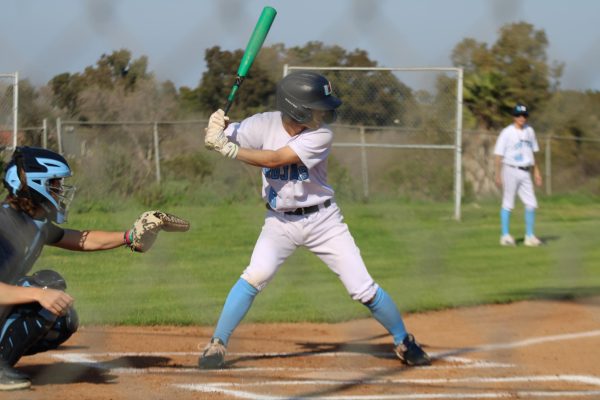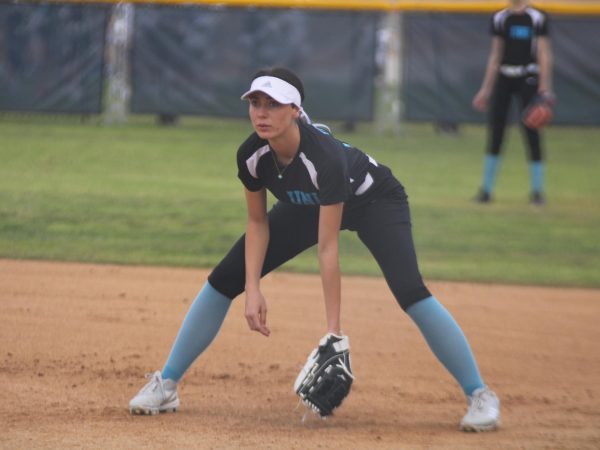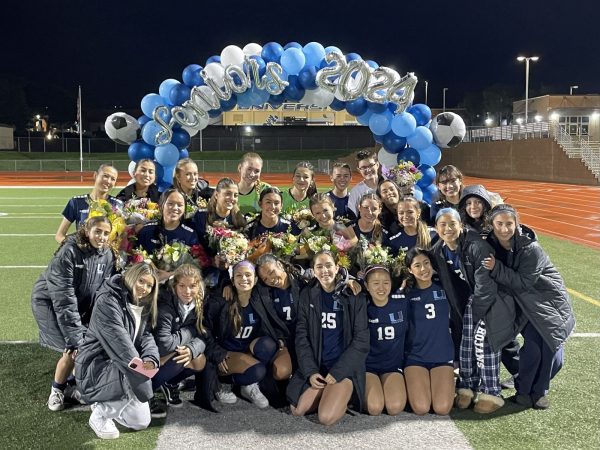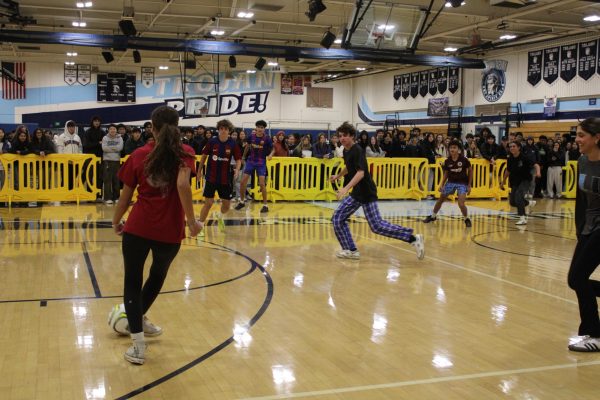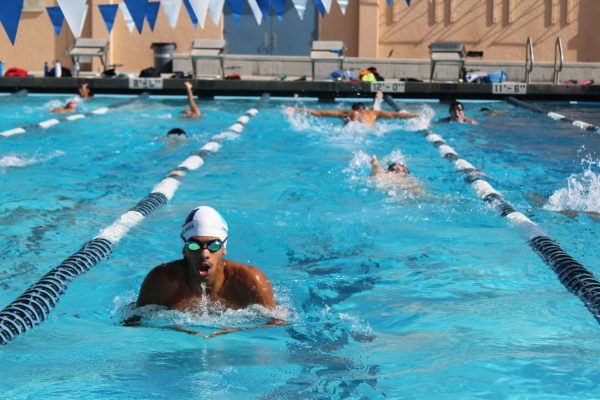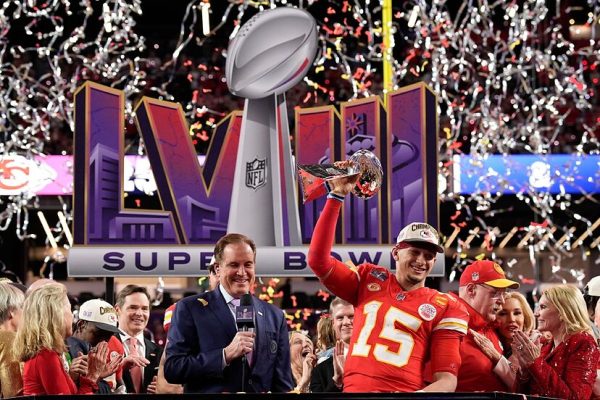The Effect of Omicron on Professional Sports
February 9, 2022
The new Omicron Coronavirus variant is spreading across professional sports faster than previous strains of the virus. According to a University of Hong Kong study, Omicron replicates 70 times faster than previous strains, which has forced professional sports teams to reassess and tighten their safety rules.
Since the start of the pandemic, professional sports have been affected by the spread of COVID-19. The Omicron variant has caused a drastic surge in cases, leaving teams to once again adjust their seasons. For the majority of last year, professional sports teams were able to continue to play throughout the season, mostly uninterrupted because of the high rate of vaccination among players.
In the past month, however, various sports teams have received positive test results from their athletes. This has led to the postponement of games and a stricter enforcement of safety measures. Omicron’s contagious symptoms have forced professional sports to change their previous strategies to deal with this strain of the virus. Indoor games in sports arenas and facilities have been limited to decrease exposure among teams and spectators. Players, coaches and staff that have chosen to remain unvaccinated are required to wear their masks more frequently and have stricter testing protocols.
The National Football League (NFL) has experienced a sharp spike in COVID-19 cases, with as many as 37 cases recorded in a single day. The Los Angeles Rams and the Cleveland Browns have recently been hit the hardest by the virus. The Rams have begun following the NFL’s strict safety precautions and closed their practice facility. The Browns also announced that the team has implemented the NFL’s COVID-19 protocols. The NFL has pushed the importance of vaccinations, so now 100% of the staff and 94% of the players have been vaccinated. Because of labor agreements, leagues cannot mandate vaccinations for their players. Some rules and regulations the NFL have publicized include: mandatory mask wearing, social distancing, virtual meetings, and no dining on the road.
Last month, the NFL issued a statement about the increase of sick players and the postponement of games: “We have made these schedule changes based on medical advice and after discussion with the NFLPA as we are seeing a new, highly transmissible form of the virus this week resulting in a substantial increase in cases across the league.”
The National Basketball Association (NBA) has also experienced a surge in cases among teams. The Los Angeles Lakers canceled a practice session when player Talen Horton-Tucker tested positive and three Brooklyn Nets starters missed games after they were added to the NBA COVID-19 protocol list. Even several NBA stars, including Kevin Durant, Giannis Antetokounmpo and James Harden, have missed multiple games due to COVID. The Chicago Bulls had to postpone their games against the Detroit Pistons and Toronto Raptors because they did not meet the required amount of players available to participate in the respective contests. As a result, the NBA has created a provision that team staff, coaches and referees are required to get the third booster dose.
NBA commissioner Adam Silver announced that because of high player vaccination rates, the league does not plan on suspending the season.
“Based on the data the NBA has, that the boosters are highly effective and we are strongly encouraging everyone to get them,” Silver said. “In fact, in our league right now, we’re around 97% vaccinated, but we’re up to about 65% of our players have been boosted and we’re in active discussions with the players’ association to get that number even higher.”
Another North American sports league, the National Hockey League (NHL), has also had to deal with a COVID resurgence. After six players and staff entered NHL’s COVID protocol, the Calgary Flames postponed games through Dec. 16, 2021. Many teams have faced similar outbreaks and have been forced to postpone their games until cases diminish. The NHL has adapted similar protocols to the NFL, and they have increased testing frequency. Now, players must test every day rather than every three days and staff that work closely with players are required to receive a booster shot.
“With the number one priority of maintaining the health and safety of our NHL community and amid changing and unpredictable conditions, we are determined to remain flexible and adaptable both in terms of scheduling and in adjusting protocols as necessary,” the National Hockey League Players’ Association said.
The NHL has also already announced that its players will not participate in the Winter Olympics this February due to COVID-19 concerns in Beijing and disruptions to the league’s schedule due to COVID-related events. Many players were concerned about taking part in the Winter Olympic games because of the lack of answers regarding the regulations.
In order for professional sports teams to get back to normal as quickly as possible, teams must follow precautions to maintain safe environments for players and fans.


